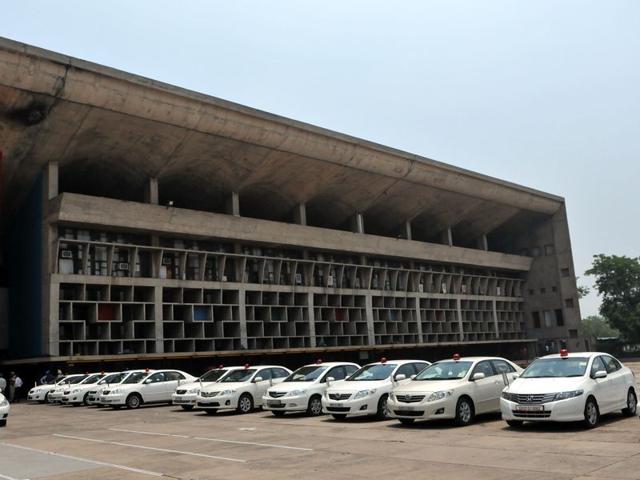Dowry death case: HC orders probe into discrepancies in translation of witnesses’ account
The Punjab and Haryana high court has directed a district sessions judge to probe the “discrepancies” in translation of witnesses’ accounts in a dowry death case reported in 2000.
The Punjab and Haryana high court has directed a district sessions judge to probe the “discrepancies” in translation of witnesses’ accounts in a dowry death case reported in 2000.

The high court order came on two appeals filed by the state and the accused in the case in which the husband, father-in-law and mother-in-law of the deceased were acquitted of the charges framed against them under Section 304-B (dowry death) of Indian Penal Code (IPC), but were convicted for offences under Sections 306 (abetment to suicide) and 498-A (anti-dowry law). The state had challenged acquittal of the accused for dowry death. On the other hand, the accused had challenged their conviction under the anti-dowry law and abetment to suicide.
The high court division bench of justices Rajive Bhalla and Amol Rattan Singh recorded that “extensive differences” were found between the English and the vernacular versions of the testimonies given in the trial court by different witnesses.
“There is obviously complete callousness in the recording, either as given in the English version or in the Punjabi version. Worse still, we are not sure whether the discrepancies are coming due to callousness in translation or due to any extraneous consideration,” the HC bench observed, directing the Amritsar sessions judge to hold an inquiry and submit a report within two months. Corrective measures, if any will be taken after the report to ensure that the evidence is correctly recorded, the bench said while asking the sessions judge to submit a report by May 29.
In Punjab and Haryana, the language of the district courts is English, and testimony of a witness, if delivered in Hindi or Punjabi, is translated in the court. Subsequently, the translated version is “retranslated” into Hindi or Punjabi. This often results in mistakes.
The HC emphasised the need for making electronic recording, either by audio or video methodology compulsorily in all cases to ensure that at least the vernacular version of the testimony is correctly recorded.
Discrepancies in version
The HC found that the amount of dowry asked from the victim’s father on two occasions was different. Another discrepancy was that the English version of a witnesses account stated that the deceased went to her parental house and stayed there the day she told them about the dowry demand. But the Punjabi version of the testimony stated that she returned the same day.
The English and Punjabi versions of the testimony differ on the presence of two witnesses when the victim visited her paternal house before taking the extreme step. The distance recorded between Tarn Taran, where the complainant family resided, and Fatehabad, where in the victim lived with her in-laws, is also recorded as 5 km and 20-25km in two different testimonies.
The HC sentenced the victim’s husband to 10-year jail for dowry death, but acquitted her father-in-law and mother-in-law of charges of abetment to suicide, anti-dowry law and dowry death.





